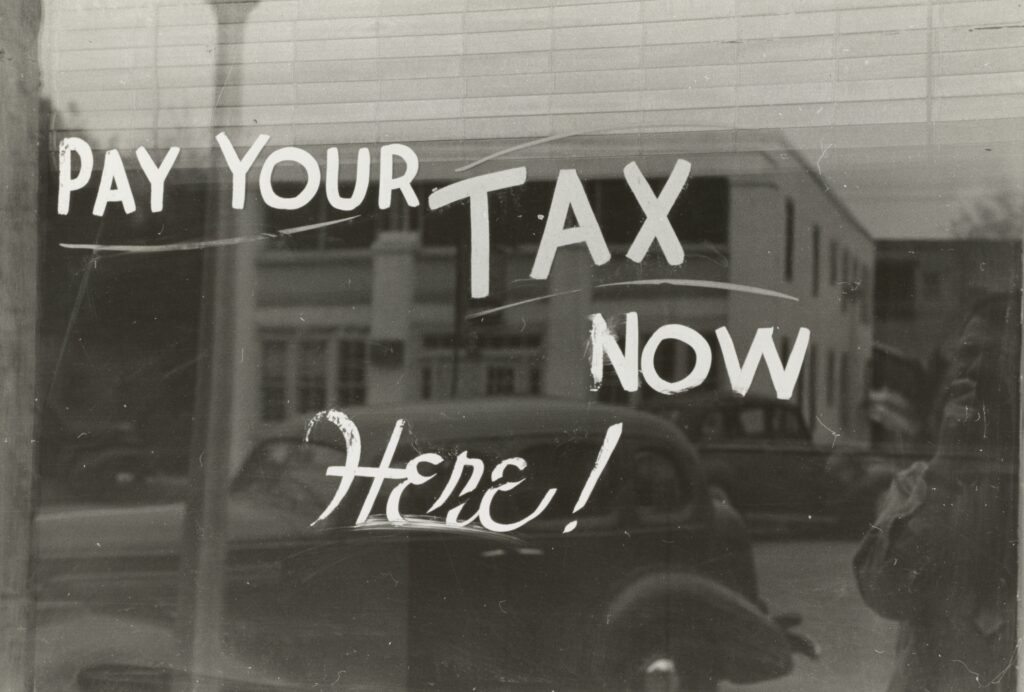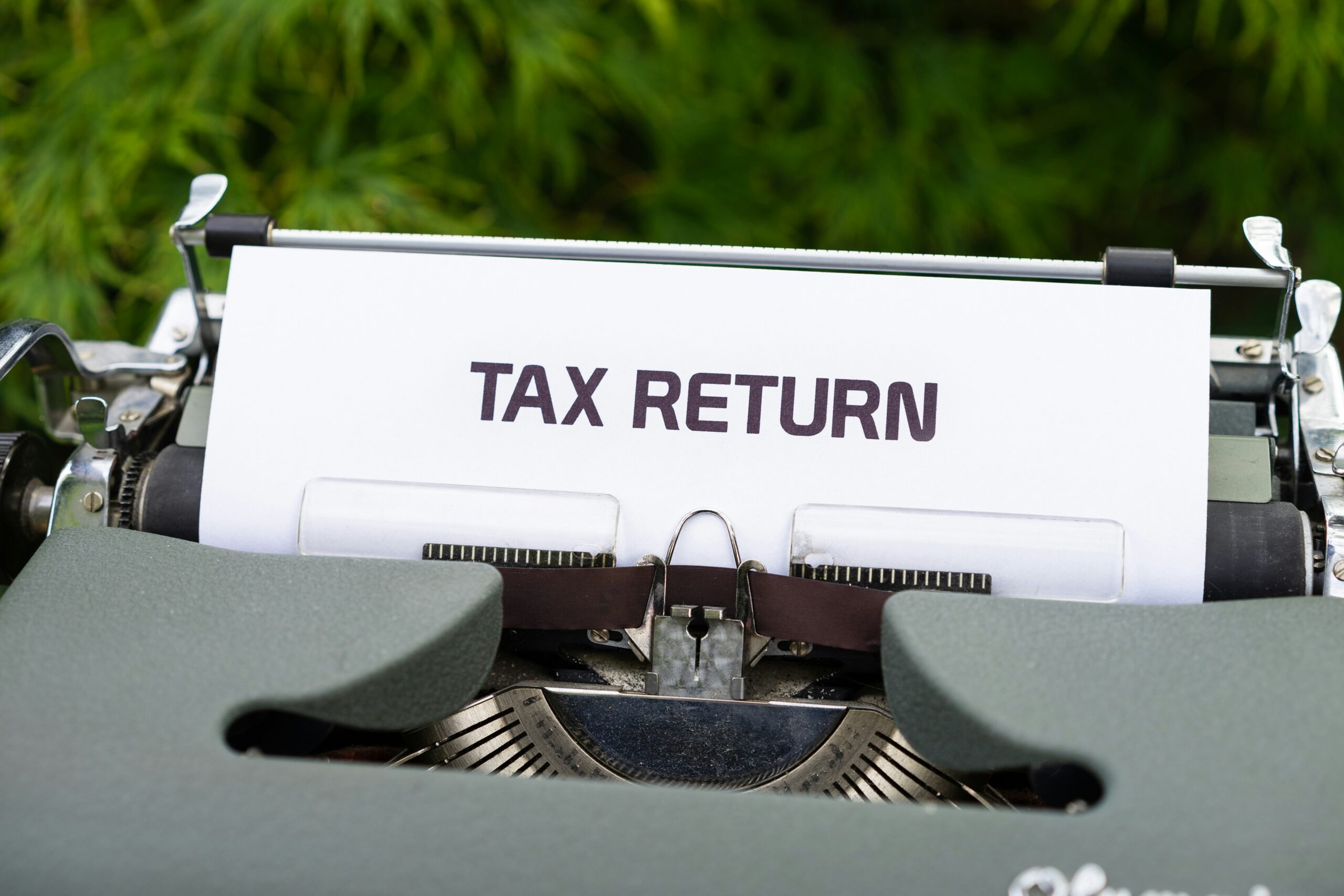Taxes are an essential component of any nation’s economy, including Eritrea. The idea of taxation is simple: residents pay taxes to support public services, but Eritrea’s implementation of it is distinct. Because of the nation’s history, governmental policies, and economic circumstances, it has a unique tax structure.

The 2% diaspora tax is one of the most contentious regulations that many Eritreans instantly think of when they hear “taxes.” Eritreans residing overseas are required to pay the government 2% of their income as part of this tax. Although the funds are ostensibly intended to aid in national development, they have also caused friction between Eritrea and certain international countries. Supporters view it as an essential component of the nation’s existence, considering its history of war and economic hardships, while others contend that it is an unjust weight.
Understanding Eritrea’s tax system
In contrast to many other nations, Eritrea has a rather straightforward tax system. Both individuals and corporations must pay a variety of taxes, such as:
- Income tax
Residents and citizens who work in Eritrea give the government a portion of their income. Although the tax rate varies according to income level, it isn’t as substantial as it is in wealthy countries because of the low wages in the nation.
- Business taxes
Companies pay taxes according to their industry and revenue. Many private companies in Eritrea are subject to stringent government rules because the country’s economy is primarily state-controlled.
- Import and export taxes
Eritrea imports a lot of commodities because of its low level of industrial production. A significant portion of the nation’s tax income comes from import tariffs. But the high cost of living is also a result of these high taxes, making daily necessities costly for the typical individual.
- Property and land taxes
Although land in Eritrea is officially state property, persons who lease or develop land are nonetheless subject to property taxes.
The administration argues that these levies are essential for the advancement of the country. This money is necessary for military defense, schools, hospitals, and roads. However, it is challenging to pinpoint the precise use of tax revenue in Eritrea due to a lack of financial openness.
The 2% diaspora tax: A special case
The diaspora tax is arguably the most contentious element of Eritrea’s tax structure. The Eritrean government expects Eritreans who live outside, whether in the United States, Europe, or other regions of Africa, to contribute 2% of their salary. This tax is based on the belief that all Eritreans, regardless of where they reside, need to support the advancement of their nation.
This tax has generated debate in practice. It has been opposed by certain nations who claim that Eritrean embassies coerce foreigners into paying it by refusing them services like property rights or passport renewals. However, proponents contend that to forge a brighter future, Eritrea, a youthful and economically challenged nation, needs the contributions of its international citizens.
The burden of high taxes
Taxes, both domestically and internationally, may be a significant hardship for the typical Eritrean. Due to stringent government supervision over firms, international sanctions (some of which have been eased recently), and a lack of job prospects, the economy is already having trouble. Many Eritreans find it difficult to afford necessities due to the high cost of living and levies on enterprises and imports.
People’s strategies for overcoming these obstacles are greatly influenced by the informal economy. To make ends meet, many Eritreans work in agriculture, small-scale trade, or receive money transfers from family members outside. Although they help people live, these activities frequently take place outside of the formal tax system, which reduces government revenue.
Final thoughts
The thing of levies is to make the nation a better place. Still, they constantly feel like a fresh burden on those who are formerly having difficulty in Eritrea. Numerous Eritreans, both domestically and internationally, consider levies to be an unjust demand, indeed though the government views them as essential to the country’s existence.
The conflict girding Eritrea’s tax system is doubtful to end anytime soon in the absence of profitable expansion and increased openness. One thing is for sure, though Eritreans will always find a way to go around the system, as long as they keep working hard to give for themselves and their families.
You may also find these articles helpful
Taxes in the United Arab Emirates
Types of legal business structures in Eritrea




